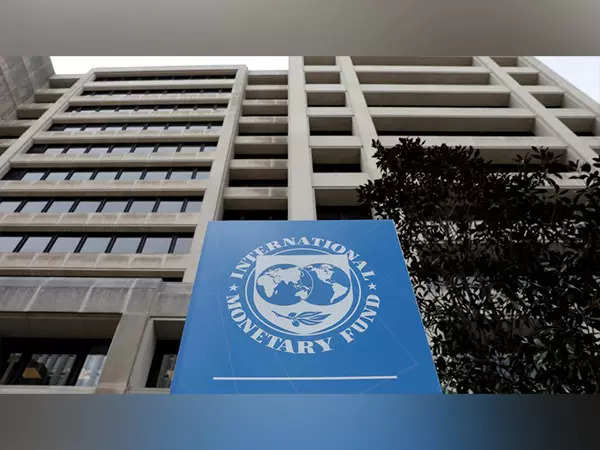Asia-Pacific to grow 4.6% in 2023; India, China to contribute half of global growth: IMF – Times of India
In its Regional Economic Outlook – Asia and Pacific report released on Tuesday, the Washington-based fund said the region would contribute around 70% of global growth.
“Asia and Pacific will be the most dynamic of the world’s major regions in 2023, predominantly driven by the buoyant outlook for China and India,” the IMF report said, adding that the two largest emerging market economies of the region are expected to contribute around half of global growth this year, with the rest of Asia and Pacific contributing an additional fifth.
“Asia’s dynamism will be driven primarily by the recovery in China and resilient growth in India, while growth in the rest of Asia is expected to bottom out in 2023, in line with other regions,” it added.
Meanwhile, IMF said 2023 looks to be a challenging year for the global economy, with global growth decelerating as the effects of monetary policy tightening (through consistent interest rate hikes) and Russia’s war in Ukraine continue to weigh on economic activity.
Also, persistent inflationary pressures, and recent financial sector problems in the US and Europe, injecting additional uncertainty into an “already complex economic landscape”, it said.
One of the most prominent lenders in the world of technology startups, Silicon Valley Bank, which was struggling, first collapsed on March 10, after a run on the bank by the depositors. Its closure led to a contagion effect and the subsequent shutting down of other banks, including First Republic Bank on Monday.
The collapse of a few regional banks in the US, which started with Silicon Valley Bank, has sent ripples across the global banking industry and posed fears of a contagion effect across economies.
The growth in the Asia Pacific region is also getting a fresh impetus from China’s reopening of its economy after extended Covid-related restrictions.
However, IMF cautioned that this dynamic outlook does not imply that policymakers in the region can afford to be complacent.
“Monetary policy should remain tight until inflation falls durably back within target. The exceptions are China and Japan, where output is below potential and inflation expectations have stayed muted,” it added.
function loadGtagEvents(isGoogleCampaignActive) { if (!isGoogleCampaignActive) { return; } var id = document.getElementById('toi-plus-google-campaign'); if (id) { return; } (function(f, b, e, v, n, t, s) { t = b.createElement(e); t.async = !0; t.defer = !0; t.src = v; t.id = 'toi-plus-google-campaign'; s = b.getElementsByTagName(e)[0]; s.parentNode.insertBefore(t, s); })(f, b, e, 'https://www.googletagmanager.com/gtag/js?id=AW-877820074', n, t, s); };
window.TimesApps = window.TimesApps || {}; var TimesApps = window.TimesApps; TimesApps.toiPlusEvents = function(config) { var isConfigAvailable = "toiplus_site_settings" in f && "isFBCampaignActive" in f.toiplus_site_settings && "isGoogleCampaignActive" in f.toiplus_site_settings; var isPrimeUser = window.isPrime; if (isConfigAvailable && !isPrimeUser) { loadGtagEvents(f.toiplus_site_settings.isGoogleCampaignActive); loadFBEvents(f.toiplus_site_settings.isFBCampaignActive); } else { var JarvisUrl="https://jarvis.indiatimes.com/v1/feeds/toi_plus/site_settings/643526e21443833f0c454615?db_env=published"; window.getFromClient(JarvisUrl, function(config){ if (config) { loadGtagEvents(config?.isGoogleCampaignActive); loadFBEvents(config?.isFBCampaignActive); } }) } }; })( window, document, 'script', );
For all the latest business News Click Here


